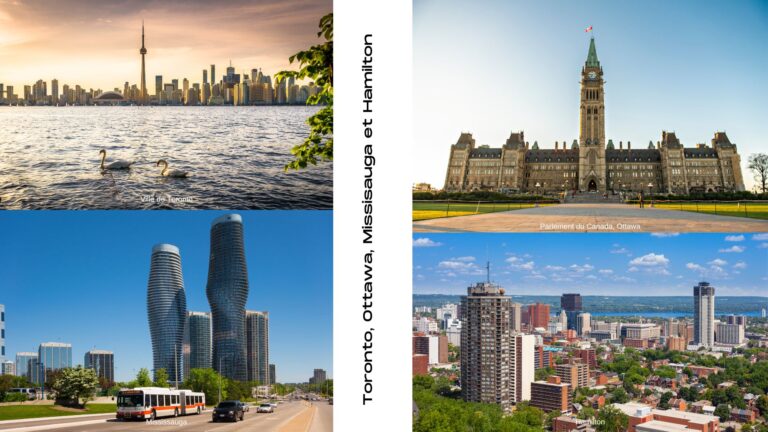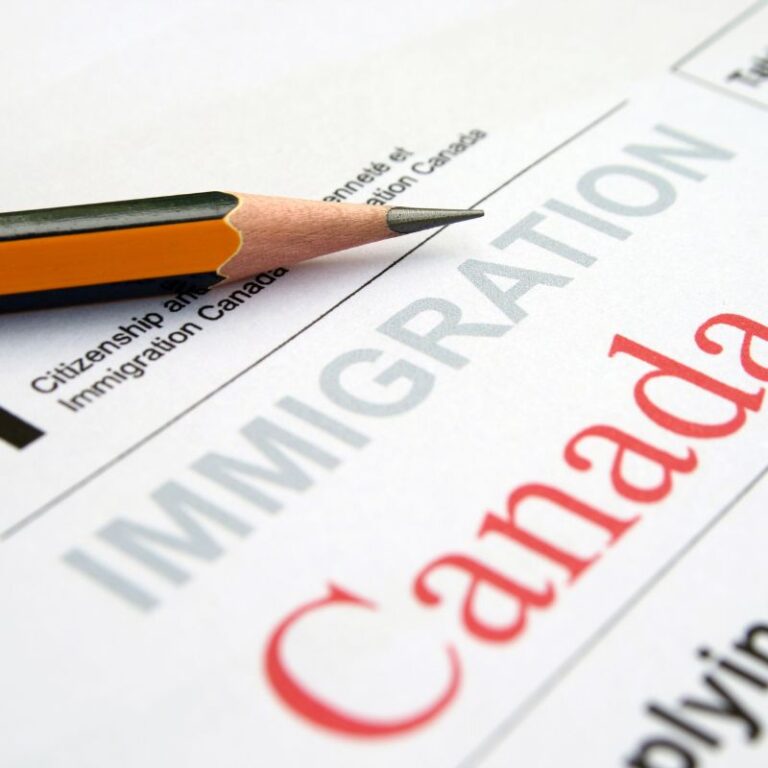Immigrating to Canada: 10 reasons for failure and tips for overcoming them

Canada is renowned for its quality of life, economic opportunities and openness to immigrants. Yet many applicants fail in their immigration endeavors. This article explores the main reasons for this failure, reviewing the requirements and obstacles associated with the Canadian immigration process.
Lack of knowledge of eligibility criteria and procedures
One of the main reasons why candidates fail in their immigration project is lack of knowledge of eligibility criteria and procedures. Canada offers several immigration programs, such as the Skilled Worker Programthe Skilled Trades Programand the Canadian experience category. Each program has its own criteria and requirements, such as age, education, work experience and language skills.
Applicants who are not well informed about these criteria and procedures are likely to have their applications rejected. So it's crucial to get informed and prepare in advance, by consulting official information on government sites, attending information sessions and by seeking the help of a qualified immigration consultant.
Insufficient language skills
Proficiency in one of Canada's two official languages, English and French, is an essential criterion for successful immigration. Candidates must take language tests such as TEF Canada (for French) or IELTS (for English) and achieve sufficiently high scores to qualify for immigration. Insufficient language skills can result in failure of the immigration project, as this limits employment opportunities and integration into Canadian society.
Lack of professional experience or appropriate training
Canada is looking for immigrants who can contribute to its economy and fill skill shortages. Applicants with insufficient professional experience or training not adapted to the needs of the Canadian job market may find their immigration application rejected. To increase your chances of success, it's crucial to acquire relevant work experience and training in fields in demand.
Incomplete or inaccurate file
An incomplete or inaccurate immigration file may result in refusal. Applicants must provide documents such as diplomas, employment certificates, proof of language skills and identity papers. An error in the presentation of these documents, or the absence of a required document, can jeopardize the immigration application. It is therefore essential to ensure that the file submitted is complete, accurate and compliant with the requirements of the chosen immigration program.
Lack of funds for the establishment
To succeed in their immigration project, applicants must have sufficient funds to support themselves and their families during the settlement period in Canada. Insufficient funds may result in refusal of the immigration application, as this indicates a limited ability to settle and integrate into Canadian society. Applicants should therefore ensure that they have the necessary financial resources before submitting their application.
Inappropriate choice of immigration program
As mentioned above, Canada offers several immigration programs, each with its own criteria and requirements. Choosing the wrong program for your profile can result in a failed immigration project. It is therefore crucial to understand the various options and choose the program best suited to your qualifications and objectives.
Deadlines not met
The Canadian immigration process is subject to strict deadlines for the submission of documents and the completion of process steps. Failure to meet these deadlines may result in refusal of the immigration application. Applicants must therefore be vigilant and organize their time well to ensure they meet all deadlines.
Security and background check issues
Canada places great importance on the security of its citizens and residents. Applicants for immigration must undergo a background check, which includes security and criminal checks. A criminal record, security problems or a worrisome background may result in a refusal of the immigration application.
Poor interview preparation
In some cases, applicants may be called for an interview with an immigration officer. Poor preparation for this interview, such as an inability to answer questions or provide coherent information, can result in a failed immigration application. It is therefore essential to prepare for this interview by learning about common questions and practicing clear and convincing answers.
Arbitrary decisions or administrative errors
Finally, it's important to recognize that the immigration process involves a degree of uncertainty, and that arbitrary decisions or administrative errors can sometimes be made. In such cases, it is possible to appeal the decision or request an administrative review.
Conclusion
To avoid failure when immigrating to Canada, it's crucial to be well-informed and prepared, and to choose the right program for your qualifications and objectives. By paying close attention to eligibility criteria, mastering language skills, acquiring relevant work experience, submitting a complete and accurate file, having the necessary funds for settlement, respecting deadlines and preparing for a possible interview, candidates can maximize their chances of a successful immigration project.
It's also important to keep in mind that the immigration process can be long and complex, and that patience and perseverance are essential. In the event of a refusal, it is possible to explore other options, correct mistakes and submit a new application.
In short, the success of an immigration project in Canada depends largely on the preparation and commitment of the candidates. With information, preparation and determination, candidates can overcome obstacles and realize their dream of a better life in Canada.







